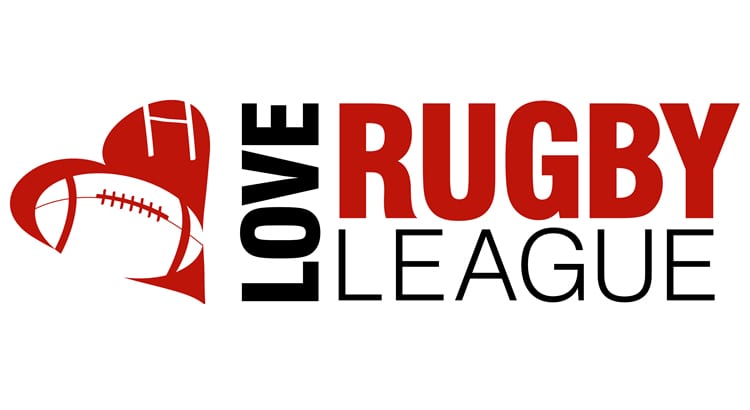The rumoured venues for this year’s Four Nations are encouragingly varied as rugby league continues to break new ground.


The rumoured venues for this year’s Four Nations are encouragingly varied as rugby league continues to break new ground.
